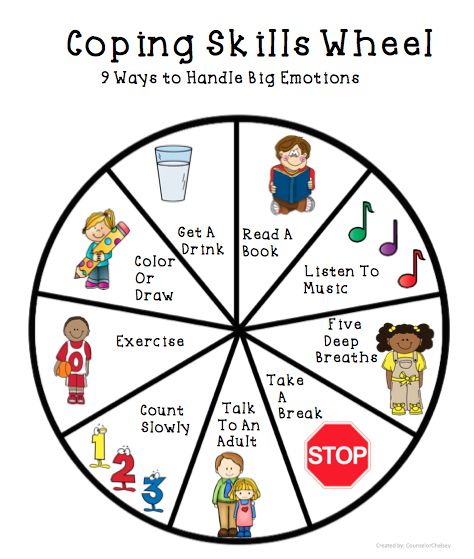- Child Anxiety – Anxiety is known to be the most common emotional problem in children. Children of all ages can develop overwhelming worries about everyday things that sometimes interfere with daily activities. Learned behaviors, growing up with a family where others are anxious and fearful, can sometimes lead to the child developing similar coping mechanisms. Things that happen in a child’s life can be stressful and difficult to cope with. Illness, loss, death of a loved one, abuse, violence, and experiences like the one we are facing now with the Coronavirus. Some anxious kids are shy and avoid things that other kids enjoy. Some have tantrums and meltdowns, and others develop rituals, like compulsive hand washing, aimed at getting rid of their fear. This link will help you find resources, articles, and information about the most common anxiety disorders in children, practical advice for parenting anxious children. http://med.stanford.edu/content/dam/sm/elspap/documents/WEBSITES.pdf
Coping Strategies
As young children are learning to communicate their thoughts and feelings, they can become overwhelmed by emotions such as anger, sadness, and disappointment. It can be challenging for children to resolve big emotions, and this challenge may show through their behaviors and physical appearance. Supporting your child’s in discovering coping strategies will increase their ability to use those strategies independently to regulate their emotions.
For example, Maya has a spelling test that she is anxious about and she is unable to sleep. She is also complaining of a headache, and she is becoming increasingly upset. Her Mother suggests practicing a deep breathing exercise together. She asks Jason to lie on her back so she is more comfortable and place one hand on her stomach. If Maya breathes deeply enough, she should be able to feel her hand rise and fall with each breath. Next, the mother asks to breathe in slowly through her nose for 5 seconds. Then breathe slowly out through her mouth for 7 seconds. They repeat this exercise for 2 minutes and Maya’s mother asks her how she is feeling.
Our child typically knows what helps them relax when they are having a bad day, and you can start by making a list of their preferred strategies. If they are struggling to identify strategies, ask what activities make them feel calm or happy. Practicing the strategies while your child is calm is best to remind them to use the strategies when they are upset. When you observe your child becoming upset, you can be their inner voice by identifying their feelings and suggesting a preferred coping strategy. Once they have calmed down, recognize their use of the strategy to regulate their feelings.
These anger management skill cards can help with your child’s growing set of coping strategies!

